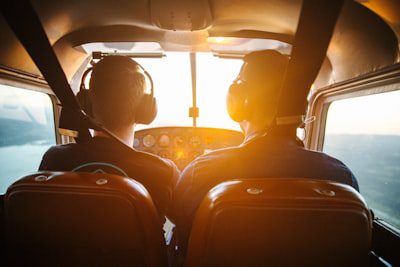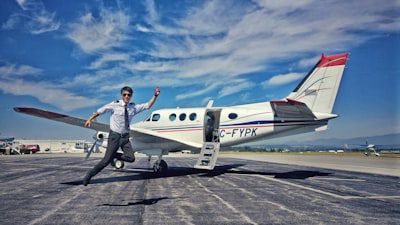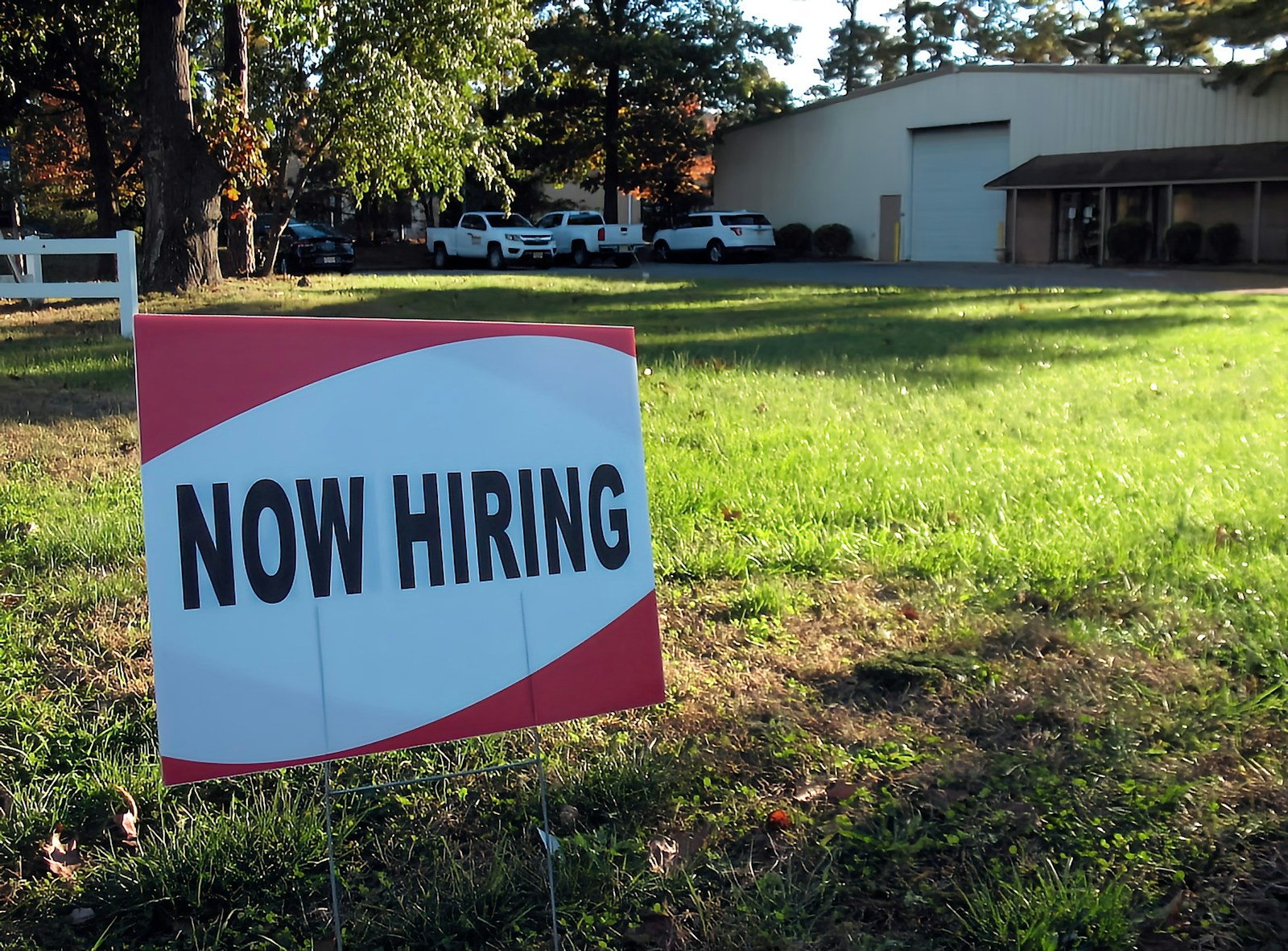South Africa — A pilot strike at budget airline FlySafair has entered its second week as negotiations over wage increases and scheduling practices remain deadlocked. Represented by the trade union Solidarity, a majority of the airline’s pilots have rejected the latest offer from management, citing ongoing concerns over irregular work schedules and inadequate time off.
Growing Frustration Over Unstructured Work Hours
The union says the heart of the dispute lies in the airline’s unpredictable rostering system. Pilots are demanding a minimum of one full weekend off per month and greater input into their schedules. According to Helgard Cronje, General Secretary for the Public Industry Sector at Solidarity, the current system is contributing to fatigue, increased stress, and in some cases, pilot resignations.
“This strike isn’t just about money,” Cronje emphasized. “It’s about restoring balance to a profession where safety and mental wellbeing are paramount. Our members need structured downtime to remain effective and safe in the cockpit.”
Union Proposes Roster Reform With Joint Oversight
Solidarity has proposed the creation of a scheduling committee with real authority—one that would meet at least twice a year, allowing both pilots and FlySafair management to address ongoing roster challenges. The committee, they argue, would give pilots a meaningful voice without compromising operational efficiency.
FlySafair’s Alternative: Joint Roster Committee
In response, FlySafair has offered to establish an independently chaired joint roster body. This panel, which would include representatives from both pilots and management, would trial new scheduling models in real-time scenarios to evaluate their impact on safety, productivity, and overall wellbeing before implementation.
“We designed our proposal to give pilots a genuine seat at the table,” said Kirby Gordon, FlySafair’s Chief Marketing Officer. “We’re disappointed the union didn’t embrace this collaborative route.”

Pay Gap Also Remains a Sticking Point
Alongside scheduling concerns, the union is also demanding a 10.5% increase in base salary, along with improved flight allowances and performance bonuses. FlySafair has countered with a 5.7% salary adjustment—1.5% above the inflation rate—arguing that further increases could strain the company’s financial stability and its ability to maintain low-cost operations.
Operations Continue With Limited Capacity
Despite the ongoing labor dispute, FlySafair has continued flight operations at a reduced capacity. Some pilots have returned to work, but seat availability remains limited under the adjusted schedule.
The airline has reassured passengers that it is working to stabilize its service network while maintaining open lines of communication with the union. Both parties resumed mediation last week under the oversight of the Commission for Conciliation, Mediation and Arbitration (CCMA) and are expected to meet again soon.
Conclusion: A Defining Moment for Airline Labor Relations
The FlySafair pilot strike marks a critical test of airline labor relations in South Africa’s aviation industry. At stake are not only salary adjustments but the broader question of how flight crew scheduling affects safety, employee wellbeing, and airline efficiency. As negotiations move forward, a sustainable compromise that honors both operational needs and human balance will be essential for long-term stability and trust between management and staff.
for more news visit our website




